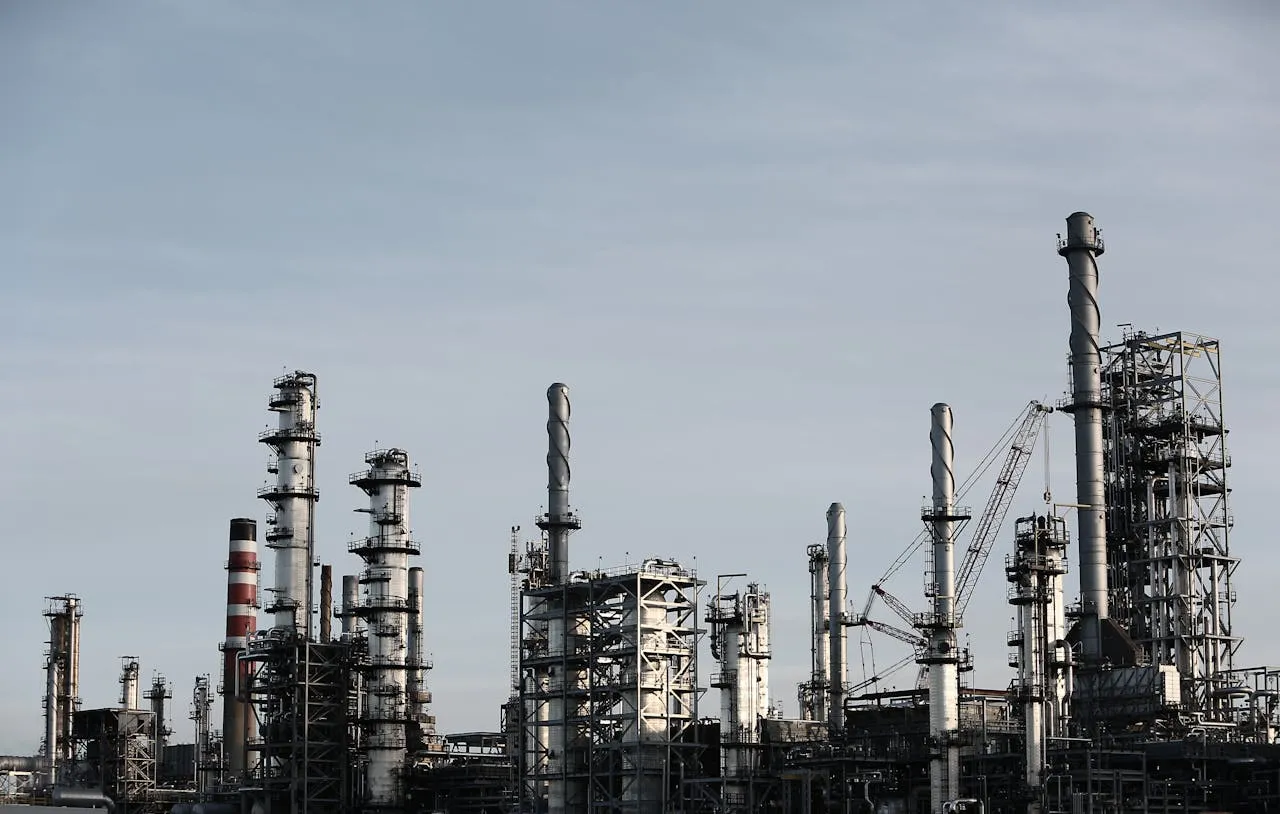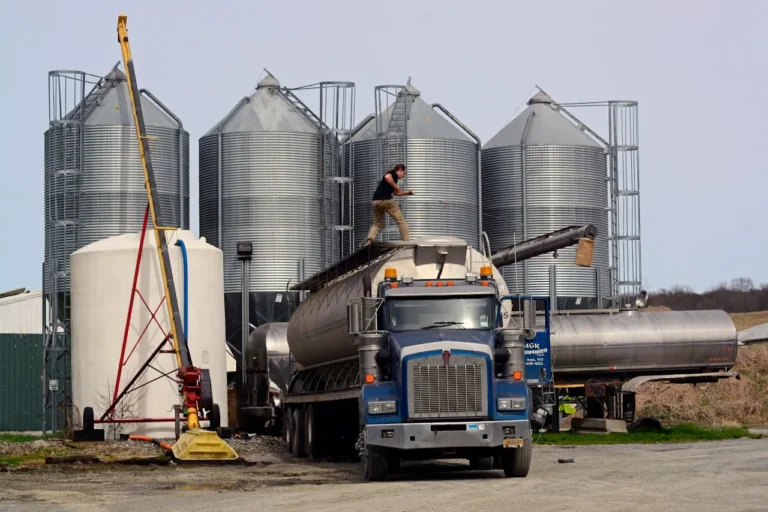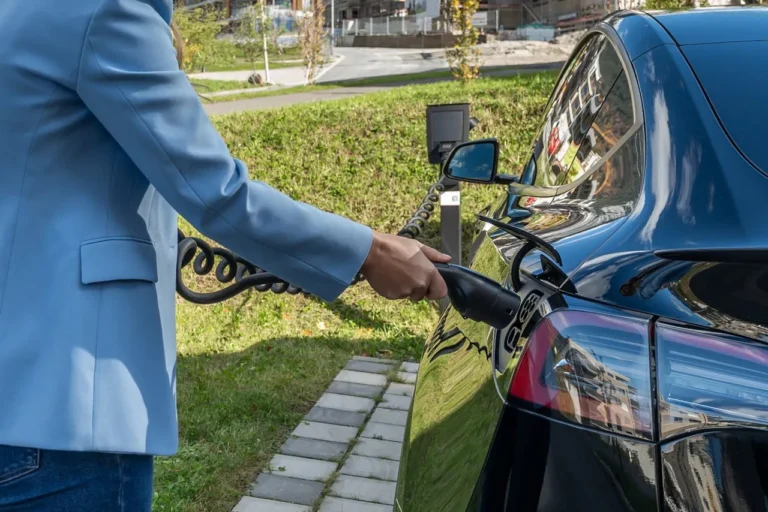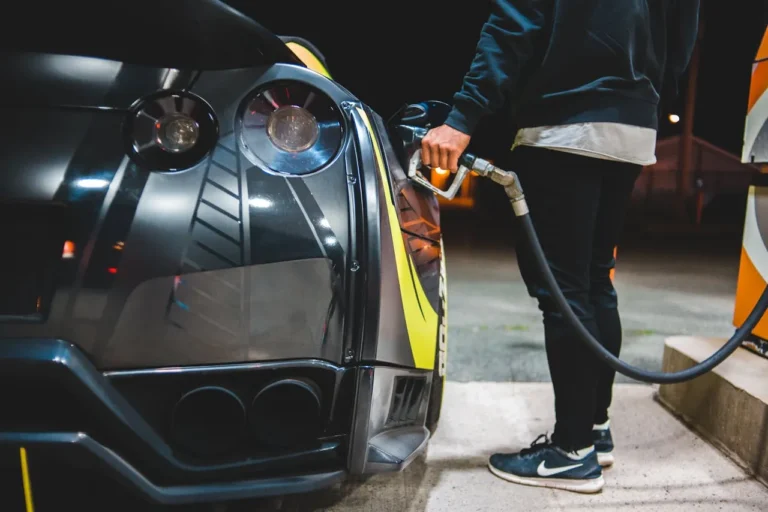
Jiangsu Sailboat Petrochemical Co. (Sailboat) has officially begun the commercial operation of a new plant dedicated to the production of high-purity carbonates in Lianyungang, Jiangsu Province, China, as of November 2024. This state-of-the-art facility utilizes advanced process technology licensed from Asahi Kasei, a leading global chemical company, to produce ethylene carbonate (EC) and dimethyl carbonate (DMC) using carbon dioxide (CO2) as a primary raw material. These two high-purity carbonates are essential components in the production of electrolyte solvents for lithium-ion batteries, particularly those used in electric vehicles (EVs).
Asahi Kasei has long been at the forefront of developing technologies to reduce environmental impact and optimize chemical production. In the early 2000s, the company developed a groundbreaking process that allows for the production of various chemical products, including carbonates, using CO2 as the main feedstock. Since the first licensee began producing polycarbonate from CO2 in 2002, Asahi Kasei has continued to expand its expertise in CO2-based chemical production, with a focus on resins and carbonates. This commitment has paved the way for the creation of innovative solutions for both the automotive and renewable energy sectors.
The global transition to electric vehicles (EVs) has spurred significant demand for lithium-ion batteries, with these batteries playing a critical role in powering EVs and electric power storage systems (ESS) that complement the use of renewable energy. The demand for high-purity carbonates like ethylene carbonate (EC) and dimethyl carbonate (DMC) is expected to rise sharply, as these compounds are crucial for the electrolyte solutions used in lithium-ion batteries. Alongside this growth, manufacturers worldwide face an increasing challenge: reducing the carbon footprint of their products and components, a key objective in achieving global environmental sustainability goals.
The partnership between Asahi Kasei and Sailboat dates back to September 2021 when both parties signed a licensing agreement for Asahi Kasei’s advanced process technology. Under this agreement, the new Sailboat plant will produce 38,000 tons of high-purity EC and 70,000 tons of high-purity DMC annually. The plant’s design, construction, and commissioning were undertaken jointly by Asahi Kasei and Sailboat, resulting in a highly efficient facility that can process up to 54,000 tons of CO2 per year as feedstock. This is a significant step toward reducing CO2 emissions in the production of materials for the fast-growing electric vehicle and renewable energy sectors.
With the addition of Sailboat’s new production facility, the total amount of CO2 used as feedstock in the production of high-purity carbonates and other materials like polycarbonate now exceeds 300,000 tons annually. This marks a major milestone for Asahi Kasei’s global expansion of CO2-based chemical production, helping to foster more sustainable industrial processes.
Xu Jiale, Project Director of Sailboat for carbonates (EC/DMC), emphasized the importance of the new plant in expanding the value chain for lithium-ion battery production. “By producing high-purity EC and DMC for lithium-ion battery electrolytes, Sailboat will further expand the value chain for this industry and contribute to a sustainable society,” said Xu. The new facility is set to play a pivotal role in meeting the growing global demand for sustainable materials, while also advancing the production capabilities needed to support the EV and renewable energy industries.
Hiroyoshi Matsuyama, Senior Executive Officer of Asahi Kasei and President of its Environmental Solutions Strategic Business Unit (SBU), underscored the company’s long-term commitment to environmental sustainability. “By licensing this technology for the more sustainable production of these important materials, we will continue to focus on the practical application of our expertise in the field of CO2 chemistry and contribute to a sustainable society by providing solutions to the world’s environmental challenges,” Matsuyama commented.
The partnership between Asahi Kasei and Sailboat exemplifies the growing global trend toward more sustainable chemical manufacturing processes. As demand for materials used in electric vehicles and renewable energy technologies continues to increase, the collaboration between these two companies demonstrates how innovations in CO2 utilization can play a key role in mitigating the environmental impact of industrial processes. This pioneering approach to using CO2 as a raw material not only helps reduce greenhouse gas emissions but also supports the transition to a more sustainable, circular economy.
The launch of this new production plant is a significant development in the realm of sustainable chemistry and underscores the increasing importance of CO2-based processes in meeting global environmental and energy challenges. With Asahi Kasei’s advanced technology leading the way, Sailboat’s new plant is set to become a critical player in the global supply of high-purity carbonates for lithium-ion batteries, helping to fuel the future of electric vehicles and renewable energy storage systems.







